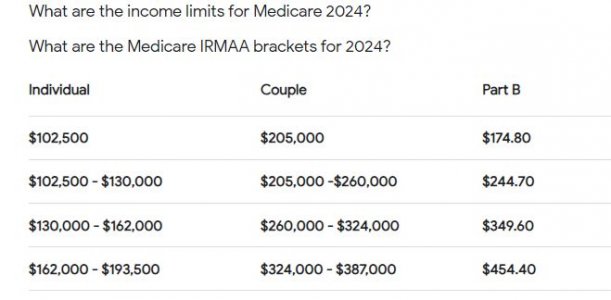I am fine financially, have investments and savings. Home is free and clear, no car payments but that does not mean for me to be extravagant or wasteful with my resources. You never know what the future holds. I am sure most of us are not happy with the increase costs of everything since COVID.
I have never felt the pressure or need to spend on something I did not need. Everyone feels that there are certain things they can't live without but in these challenging times I think a lot of people have started to pay attention and make different choices Yes, I am frugal but I don't go without at all.
Pay attention, buy when the price is low. Buy clothing at end of season, buy pantry goods when sales are offered, as we go into fall and the holidays it is a good time to stock up on those items. Buy meat when on sale and freeze.
It sounds like you are laying down a plan for your future but unexpected costs will come, so stay vigilant and make good choices to ensure your comfortable retirement.
I have never felt the pressure or need to spend on something I did not need. Everyone feels that there are certain things they can't live without but in these challenging times I think a lot of people have started to pay attention and make different choices Yes, I am frugal but I don't go without at all.
Pay attention, buy when the price is low. Buy clothing at end of season, buy pantry goods when sales are offered, as we go into fall and the holidays it is a good time to stock up on those items. Buy meat when on sale and freeze.
It sounds like you are laying down a plan for your future but unexpected costs will come, so stay vigilant and make good choices to ensure your comfortable retirement.


